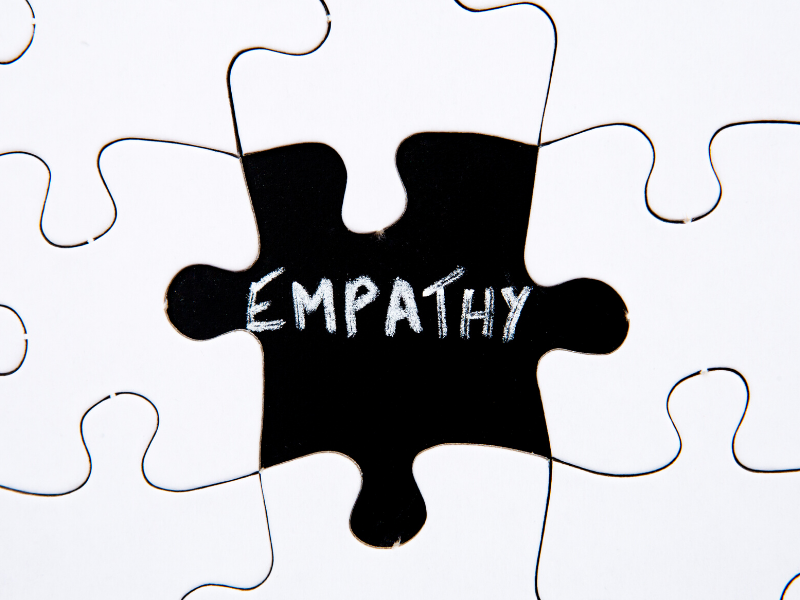Bonnie Davis lost her son Adam to Tay-Sachs disease in 2001. Since then, she has been involved in several programs to promote carrier screening, which can reduce the chance of other parents watch- ing their children suffer from one of the 19 recessive genetic diseases known to be more common among Ashkenazi Jews than in the general population. Several of those diseases, such as Tay-Sachs and Canavans, are fatal in early childhood.
As an example of the effectiveness of carrier screening, Davis points to a reduction in Tay-Sachs disease, one of the first disorders available for carrier screening. As a result of carrier-screening programs established in the 1970s, the incidence of Tay-Sachs in the North American Ashkenazi Jewish population has decreased by more than 90%.
Now Davis has organized a free educational program at 1:30 pm on Oct. 19 at the Mittleman Jewish Community Center. The event will also feature optional screening for those interested; special prices for both insured and uninsured are being arranged with a screening lab. A saliva sample is sufficient for most screening options; blood draws for optional tests may also be available.
In addition to Davis speaking about her personal experience of having a child with Tay-Sachs, Dr. Sally Segal and Certified Genetic Counselor Cori Feist will provide insights into Jewish genetic diseases and the effectiveness of carrier screening.
JGDs are recessive, single-gene mutations on one of the 22 non-sex chromosomes. Couples in which both partners have the mutation for the same disease face a 25% chance of having a child with the disease. For each pregnancy, there is a one in four chance the child will have the disease, a two in four chance the child will be a carrier of the disease and a one in four chance the child will be a non-carrier.
Biology and Jewish history explain why the Ashkenazi population has such high carrier rates. During the large diaspora following the destruction of the second Temple, the incidence of the mutated genes in the Ashkenazi population was increased by repeated cycles of that population expanding and then shrinking dramatically several times over 2,000 years. Persecution reduced the Ashkenazi population frequently. If one person had the changed gene in the original population and 90% were killed, then if that one person survived, there was now a 10% chance of the changed gene being in the population.
“Carrier screening looks at the most common mutations within these genes,” says Feist, noting that screening does not detect all mutations. “If someone does not have the mutations that were tested for, it means they are less likely to be a carrier, but the possibility has not been completely eliminated. That is why we call it screening – it cannot detect 100% of carriers. For example, testing for the six most common mutations in the Tay-Sachs gene will detect 94% of carriers of Ashkenazi Jewish ancestry (only 59% detection rate among non-Jews). Enzyme analysis for Hex A will detect 98% of carriers regardless of Jewish/non-Jewish ancestry.”
Helping to organize the optional screening at the event is Jayson Falkner, who calls himself “a very qualified volunteer” with “a Ph.D. in this stuff.” He says he is volunteering because he thinks it is a very important program, and he is an MJCC member whose children attend Portland Jewish Academy.
Following the education program, Dr. Falkner says those interested in screening will be able to go to another room where a physician will be available to order the desired tests. Help will be available to fill out paperwork and to scan any insurance information.
“We’re still sorting out if we can offer blood draws at the event,” says Dr. Falkner. “Saliva for sure, and blood, too, if we can find a phlebotomist to volunteer.”
What: Jewish Genetic Diseases Education/Screening
When: 1:30 pm, Oct. 19
Where: Mittleman Jewish Community Center
RSVP: By Oct. 14 to oregonjcc.org/rsvp or 503-244-0111
Information: Bonnie Davis at bonniedavis226@gmail.com
or 503-645-0355




